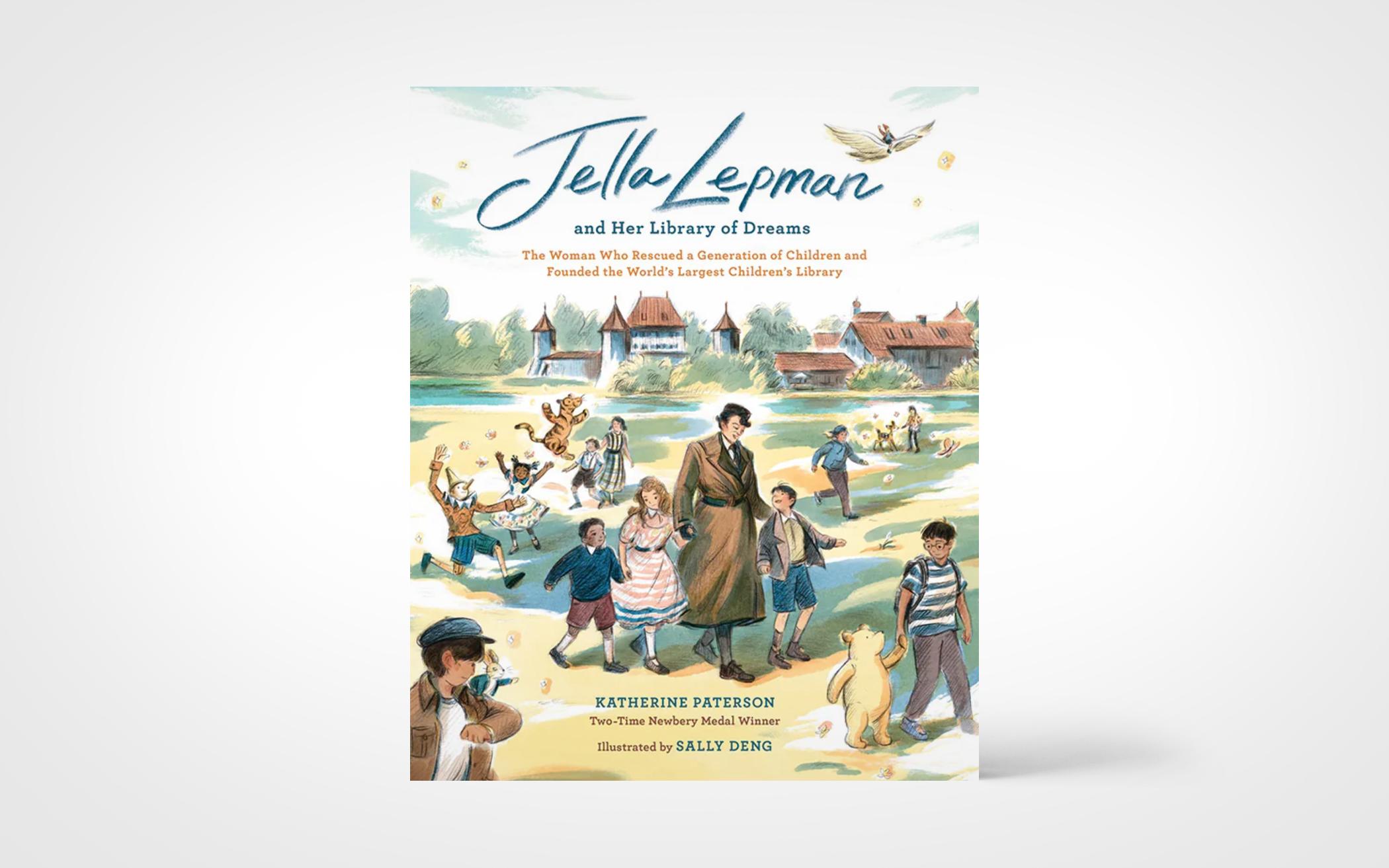Born in 1891 in Stuttgart, Germany, to a Jewish family, Jella Lepman grew up in a cultured atmosphere, receiving an excellent education in French, English, and music. Though she hoped to pursue a career as a concert pianist, her father forbade it. Expected to obey his orders, Jella pursued her other passion—books—a change in direction that ultimately led to her life’s work.
When the Nazi’s campaign to eradicate the Jewish population threatened the lives of Jella and her two children, they fled the country. Eventually they settled in England where they experienced some of that nation’s most terrifying times as the threat of a Nazi invasion intensified.
Though the family suffered, Jella’s gifts as a writer offered her opportunities for meaningful literary employment and eventually came to the attention of the American military at the end of the war. The Americans asked Jella to return to Germany as soon as possible to take on a role as adviser on “the cultural and educational needs of women and children” in the areas of Germany occupied by the American and other Allied forces.
Author Katherine Paterson notes that “Jella was shaken by this request. She had lived under the Nazi regime. She knew what had happened then and the even more terrible things that had occurred since she fled. How could she ever return?”
Despite her fears and the incessant hurdles she faced because she was a woman, Jella returned to her devastated homeland and began to pursue “her dream of making peace through children’s books.”
Since funds weren’t available to buy children’s books, Jella wrote letters to publishers around the world requesting that they send books to Germany. The response was greater than she could have hoped for—more than 4,000 books arrived from Europe and the United States. Jella continued to work hard to amass books and to make them available to children, carried along by her conviction that if she didn’t do anything for Germany’s children, all too soon they “would fall into the wrong hands if no help came from the outside world.”
Renowned author Katherine Paterson and illustrator Sally Deng masterfully and creatively relate the compelling story of a woman whose persistent efforts to collect books for Germany’s children resulted in a collection that would eventually become the basis of the International Youth Library in Munich.
Recommended for children ages 8-12, the book is also relevant for teen and adult readers.
(Chronicle Books)
About the Author
Sonya VanderVeen Feddema is a freelance writer and a member of Covenant CRC in St. Catharines, Ontario.

